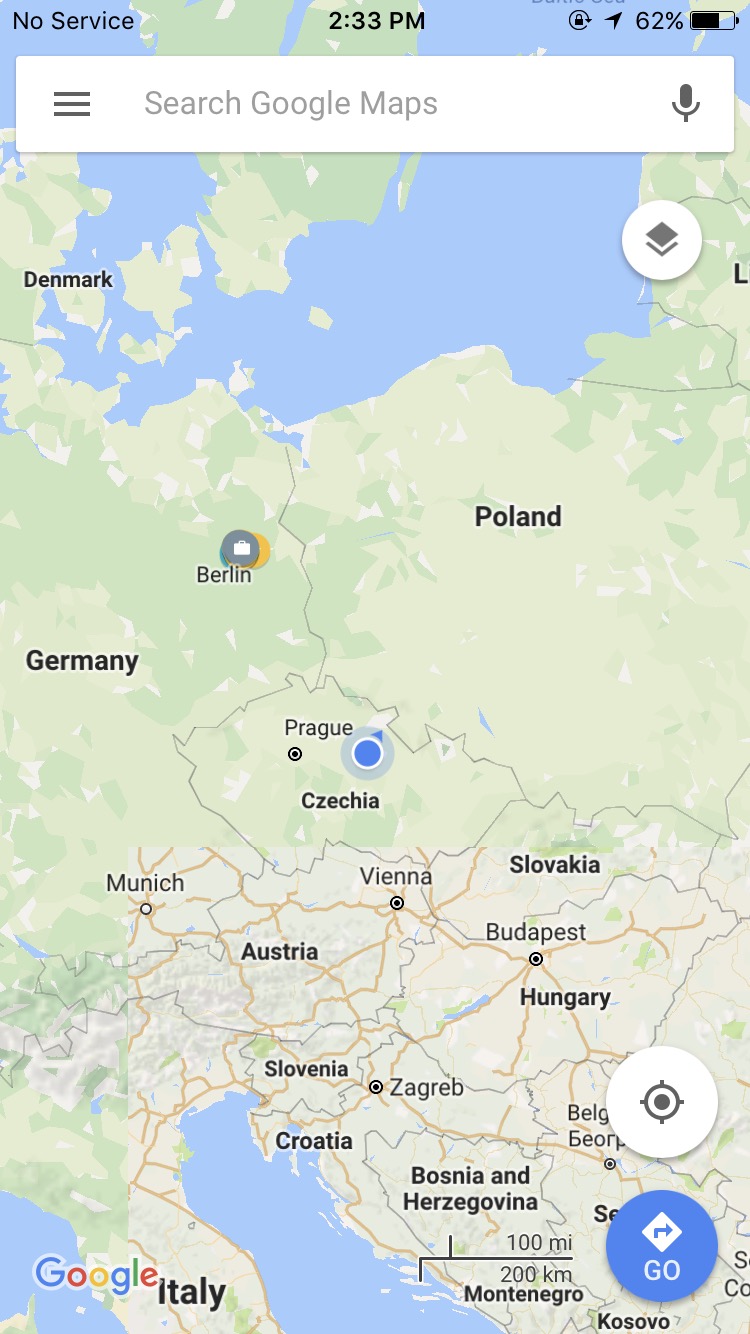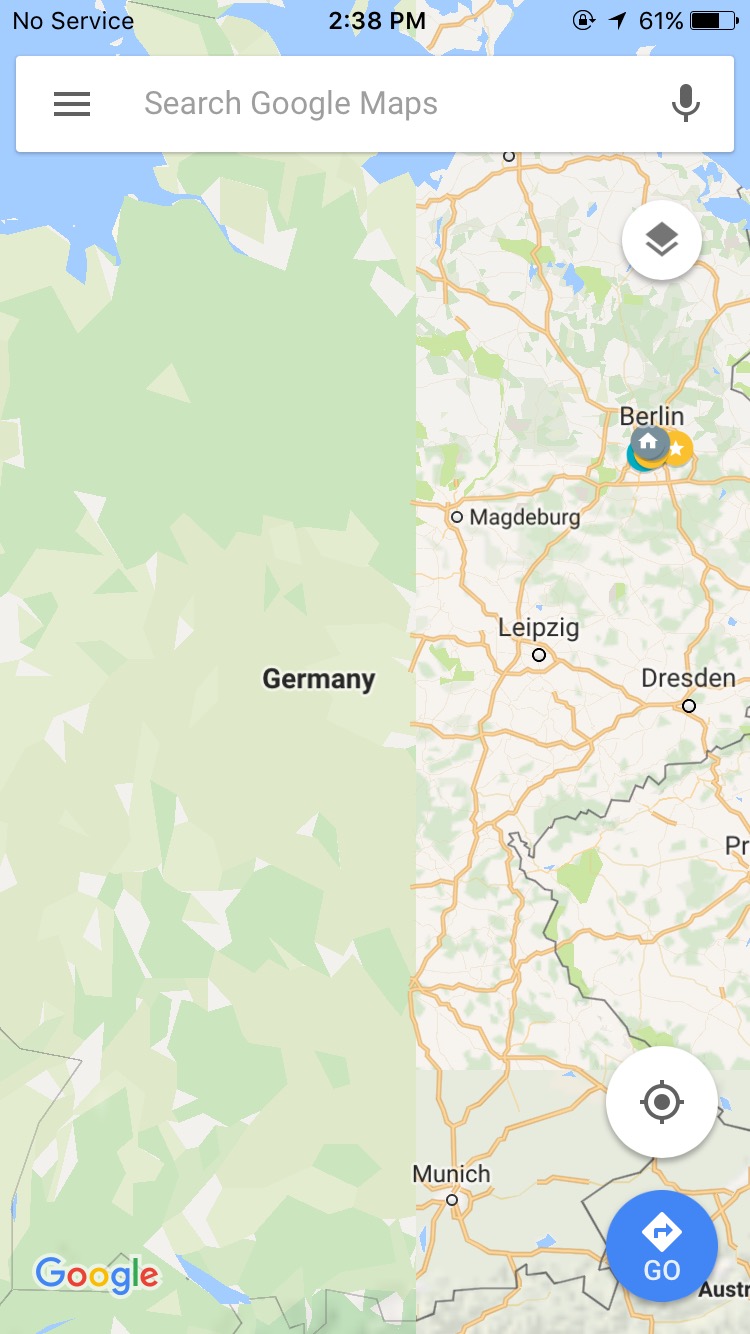I finished the book Mastery by Robert Greene. It studies the lives of different successful people (masters), and abstracts what makes them so by going through specific phases that the author defines as the road to mastery.
While some parts are very true, like the part where he describes how naïve one is when entering the workforce, the importance of the apprenticeship phase and committing to objectives for long time (which is confirmed in many other places like Grit, and Outliers…etc), and the final step where masters put their own touch over what they learned during the apprenticeship phase to become masters themselves.
What I didn’t like is the book is very long. It can be summarized in less than 100 pages. The most annoying part for me was how the author narrates the details of the stories of these historical figures as if he was there. He keeps describing how they felt and what they said to themselves. Most of these figures have no written biographies and most of the details are from the author’s imagination.
I was talking about this with Shreef, he said he considers Greene’s stories as fiction. He looks at the stories as a way to explain the concepts on real scenarios. This sounds like a fair point. Maybe I took the author literally.
Here is a part from the book about entering the work force:
In childhood we are inculcated in culture through a long period of dependency — far longer than any other animal. During this period we learn language, writing, math, and reasoning skills, along with a few others. Much of this happens under the watchful and loving guidance of parents and teachers. As we get older, greater emphasis is placed on book learning — absorbing as much information as possible about various subjects. Such knowledge of history, science, or literature is abstract, and the process of learning largely involves passive absorption. At the end of this process (usually somewhere between the ages of 18 and 25) we are then thrust into the cold, harsh work world to fend for ourselves.
When we emerge from the youthful state of dependency, we are not really ready to handle the transition to an entirely independent phase. We carry with us the habit of learning from books or teachers, which is largely unsuited for the practical, self-directed phase of life that comes next. We tend to be somewhat socially naïve and unprepared for the political games people play. Still uncertain as to our identity, we think that what matters in the work world is gaining attention and making friends. And these misconceptions and naïveté are brutally exposed in the light of the real world.
If we adjust over time, we might eventually find our way; but if we make too many mistakes, we create endless problems for ourselves. We spend too much time entangled in emotional issues, and we never quite have enough detachment to reflect and learn from our experiences. The apprenticeship, by its very nature, must be conducted by each individual in his or her own way. To follow precisely the lead of others or advice from a book is self-defeating. This is the phase in life in which we finally declare our independence and establish who we are. But for this second education in our lives, so critical to our future success, there are some powerful and essential lessons that we all can benefit from, that can guide us away from common mistakes and save us valuable time.
These lessons transcend all fields and historical periods because they are connected to something essential about human psychology and how the brain itself functions. They can be distilled into one overarching principle for the Apprenticeship Phase, and a process that loosely follows three steps.
The principle is simple and must be engraved deeply in your mind: the goal of an apprenticeship is not money, a good position, a title, or a diploma, but rather the transformation of your mind and character — the first transformation on the way to mastery. You enter a career as an outsider. You are naïve and full of misconceptions about this new world. Your head is full of dreams and fantasies about the future. Your knowledge of the world is subjective, based on emotions, insecurities, and limited experience. Slowly, you will ground yourself in reality, in the objective world represented by the knowledge and skills that make people successful in it. You will learn how to work with others and handle criticism. In the process you will transform yourself from someone who is impatient and scattered into someone who is disciplined and focused, with a mind that can handle complexity. In the end, you will master yourself and all of your weaknesses.
This has a simple consequence: you must choose places of work and positions that offer the greatest possibilities for learning. Practical knowledge is the ultimate commodity, and is what will pay you dividends for decades to come — far more than the paltry increase in pay you might receive at some seemingly lucrative position that offers fewer learning opportunities. This means that you move toward challenges that will toughen and improve you, where you will get the most objective feedback on your performance and progress. You do not choose apprenticeships that seem easy and comfortable.




